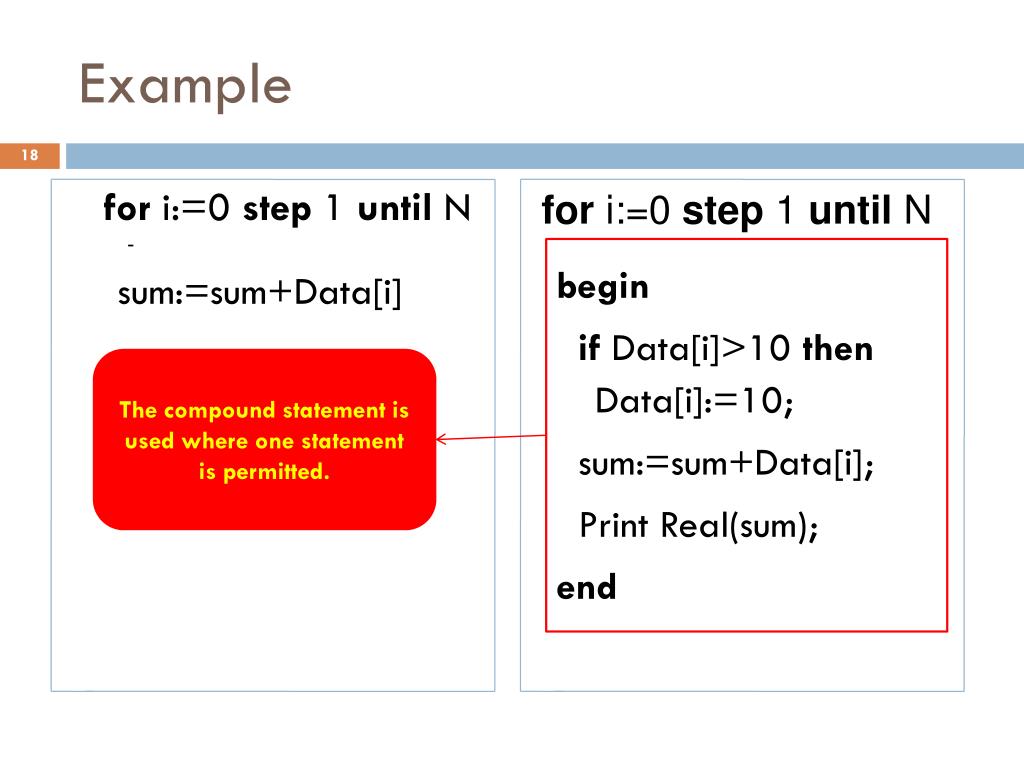
These various feelings are all human emotions, and they exemplify a third element of the mind, or soul. In order to determine a third part, or element, which corresponds with the third class in the ideal state, may we not sub-divide one of the two we have determined?Īt times we may perceive in ourselves a state of mind in which we do desire a given thing, but we are indignant with ourselves for having desired it: Our mental state may be that of self-disgust we feel self-anger. From this, we may deduce that there exist two parts of the human mind: reason and desire, or reason and the passions. In such a case, our intellectual stance is said to be ambiguous (we are uncertain, troubled). In such a case, our mental state is said to be ambivalent (attracted and repulsed, at one and the same time).

At times we may desire a given thing and wish to repulse it, at one and the same time. We may adduce evidence, Socrates says, from the top, the man fixed and waving his arms, and the deductions we may infer from the state, in that the same properties hold for the human mind, or the soul. These properties may appear to be opposites, but they are in fact occurring at one and the same time, not unlike the actions of the ruler who rules and who is a wage-earner at the same time.

This is also illustrated in the case of a man whose feet are fixed but whose hands may be waving (in movement). But in the case of a child's toy (a top), we observe that parts of the top are in fact moving and parts are in physical fact fixed, or at rest.

Socrates argues thus: It is a given proposition (a self-evident truth) that a given physical body may not be moving and at rest at the same time. So we were correct originally to seek the virtues in man. Socrates says that it would be illogical to presume that the virtues, which stem from some indeterminate aspect of each individual man, are to be inferred from the state. At this point in the conversation, Socrates seeks agreement that we have attempted to discern the virtues in the state (an argument from the whole) so that we may find the virtues in the individual (argument from the whole to its parts).


 0 kommentar(er)
0 kommentar(er)
